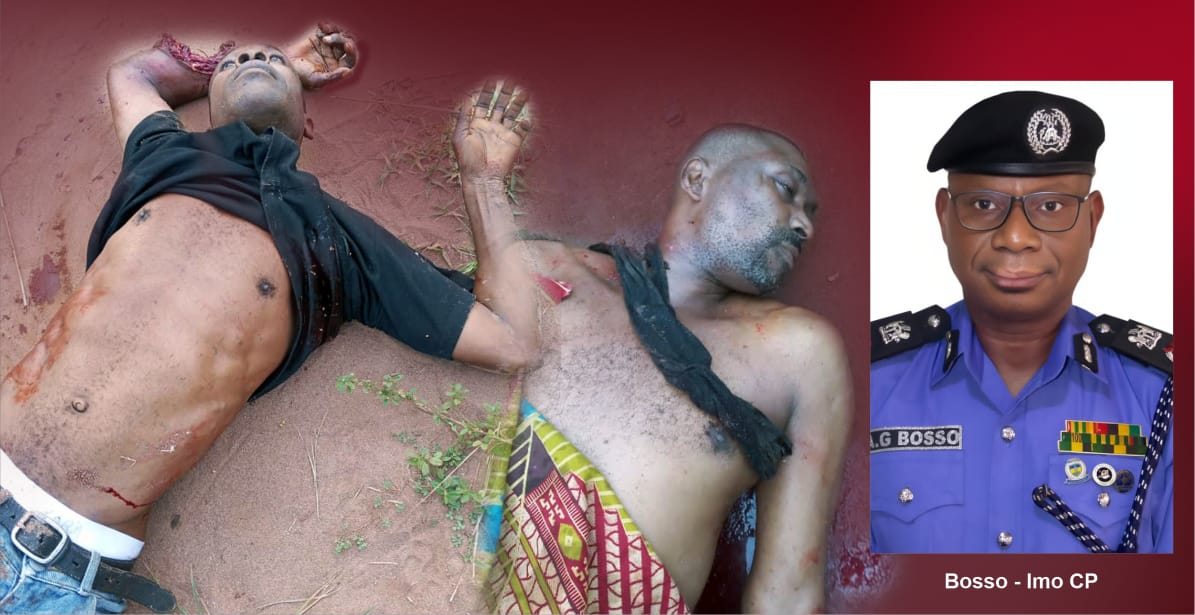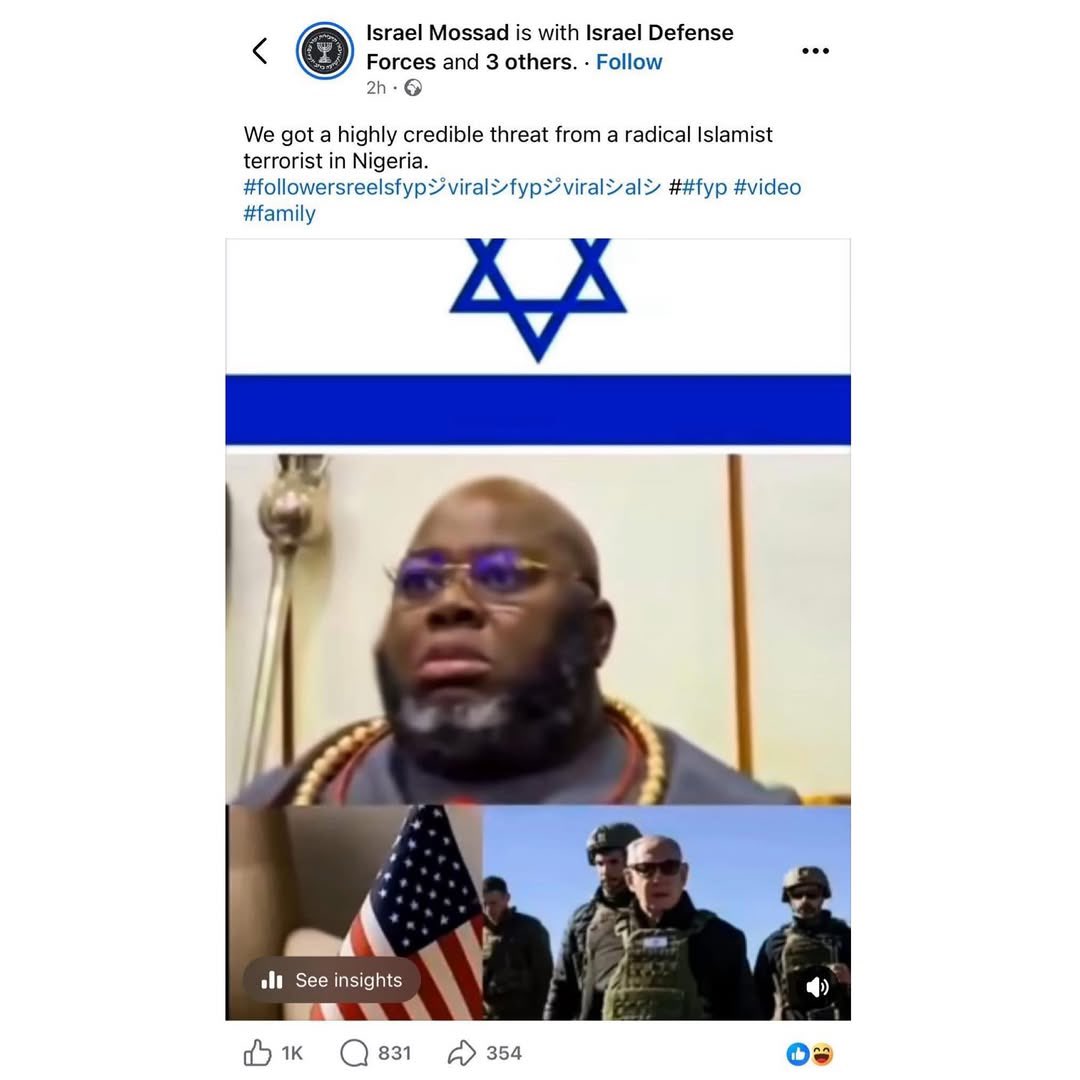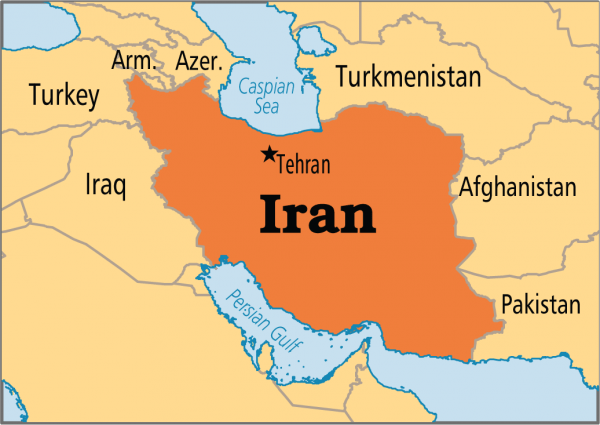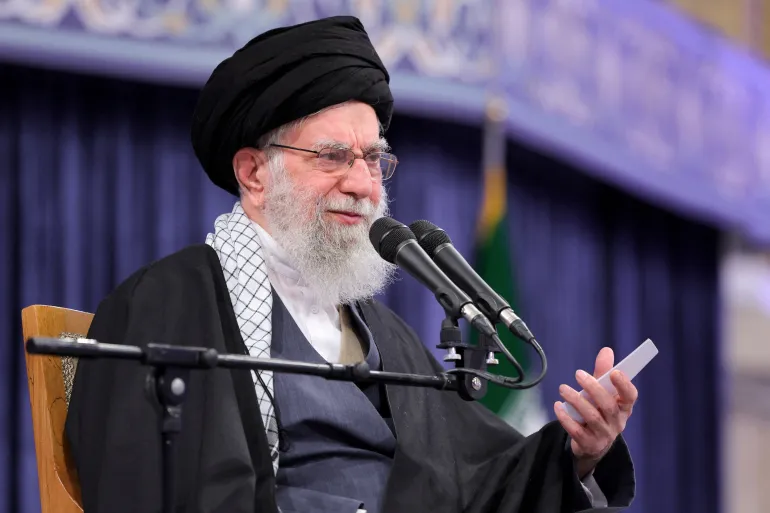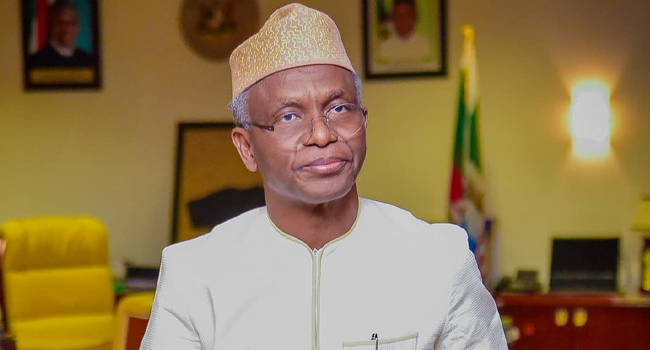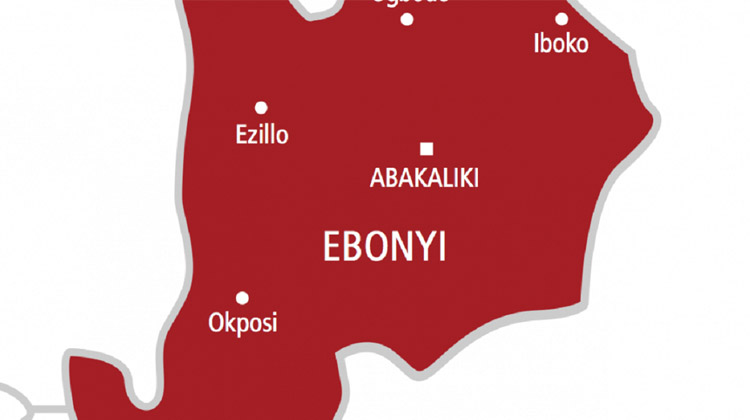
In 2012, when then-Governor Rochas Okorocha established the Imo Security Network(ISN), few anticipated the long-term ramifications of this seemingly innocuous initiative on the overall security landscape of the state.
The initiative appeared justifiable, addressing an urgent need to complement the police, particularly in rural areas, a terrain familiar to locals but with limited police presence. The government presented the ISN as a support mechanism for the police, intended to improve security in underserved regions.
While some praised the move as a necessary response to the rampant kidnapping, others, particularly within the political sphere, voiced concerns that the governor was creating a “private militia” to exert his political will.
Subsequently, the Imo Security Network (ISN), like many unconventional security bodies, faced considerable controversy.
In 2014, after the ISN had been operating for roughly two years, Hon. Ikechukwu Amuka sponsored a bill to formalize its existence. The bill received expedited passage, effectively legitimizing a security apparatus that had been functioning without a clear legal basis.
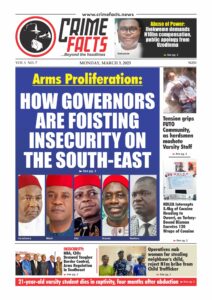
The Proliferation of Arms to Non-State Actors
The ISN’s operations extended across all 27 local council areas and into every autonomous community, with operatives armed by the state with new pump-action rifles.
Between 2012 and 2016, Governor Okorocha established four security outfits: the Imo Security Network (ISN), Imo Community Watch (ICW), Imo Civil Guard (ICG), and Niger Delta Security Network (NDSN). Of these, only the Imo Civil Guard was not known to carry arms. It is estimated that at least 1,000 pump-action rifles were procured and distributed among these groups under Okorocha’s administration. While they achieved some success in curbing insecurity and stabilizing the state, these groups were also implicated in instances of impunity and misuse of firearms.
Post-Administration Abandonment and its Impact
At the end of Okorocha’s tenure in 2019, the transition to Chief Emeka Ihedioha’s governorship, followed by the subsequent legal challenges and the emergence of Governor Hope Uzodinma, led to the neglect of these security outfits. The Okorocha-era groups were effectively abandoned without clear guidance from the incoming administrations.
The lack of proper documentation and supervision of these armed groups became apparent. Okorocha did not decommission or disarm the outfits before leaving office, a task that security analysts recognized as necessary but challenging.
Despite the initial legislative framework, the Ihedioha and Uzodinma administrations did not disband or disarm the groups, resulting in an estimated 1,000 pump-action rifles remaining in the hands of undocumented non-state actors in Imo State.
Security sources suggest that the breakdown of security in Imo following the April 5, 2021, jailbreak in Owerri, which released nearly 2,000 inmates into circulation, was exacerbated by the availability of these firearms.
One source stated, “People wondered how the bandits got enough arms, forgetting that about 1,000 undocumented pump-action rifles were already in circulation at Okorocha’s exit, even before the jailbreak.”
Another security source noted that during the efforts to clear Orlu and its environs of bandits and violent criminals, at least seven of those arrested or killed were identified as former members of the Imo Security Network who had become rogue elements after being abandoned.
This account was supported by testimony at a 2023 Civil Society Public Hearing in Awka, Anambra State. A victim from Orsu, Imo State, a former ISN member, recounted being abandoned after Okorocha’s exit.
“After Okorocha’s tenure, we were literally abandoned. When the security crisis started, we became targets, pressured to join IPOB/ESN, threatened by the Simon Ekpa group. Soldiers also targeted us, accusing us of being part of ESN. Some joined ‘Unknown gunmen’ out of fear, some were killed, some were taken by soldiers, others fled. Few of us submitted our guns before fleeing our communities.”
His testimony illustrates how state-procured firearms ended up in the hands of hostile non-state actors.
A senior security operative ,also had this to say: “We are still dealing with the complications of such a large number of firearms entering Imo State and falling into the wrong hands.”
As security forces continue to address the resulting instability, concerns are rising about the potential impact of Governor Hope Uzodinma’s new security outfit, Imo Vigilante Services (“Ebubeagu”), if it is not properly managed.
In 2021, the Imo State House of Assembly passed a bill to establish the Imo Security Organization, under the supervision of the Department of State Services (DSS).
While the DSS supervision was intended to prevent potential issues that might arise under police oversight, concerns have been raised about the adequacy of supervision and regulation, given the high expectations placed on the DSS.
Reports of misconduct and complaints against Ebubeagu have led to calls for its disbandment, with some alleging that a significant portion of its personnel were recruited from Rivers State and armed by the state government.
While Ebubeagu may have assisted in containing insecurity, residents worry about the long-term consequences of a poorly supervised security outfits.
The concern is that the Director of DSS who superintend over the initiative, could be redeployed, and Governor Uzodinma’s tenure will end. The question remains whether mechanisms are in place to transition these operatives to a new administration seamlessly.
With hundreds of Ebubeagu operatives deployed across the state, some armed with pump-action rifles and others with AK-47s, disarmament and demobilization may pose a significant challenge.
Given the abandonment of Okorocha’s security outfits despite legislative backing, there are doubts whether future administrations will respect the legislation governing Ebubeagu.
Mismanagement of this transition could lead to another influx of armed individuals into Imo society, potentially worsening the security situation.
Sir Temple Onyeukwu, a Fellow of the Institute of Chartered Accountants of Nigeria around February 2024, stated in an interview, “The restoration of peace in Imo State must start with Governor Hope Uzodinma agreeing…to disengage Asari Dokubo’s private security from our dear state… [who] appear to be responsible for simulating the insecurity in the state at their will.”
Similar Pattern in Anambra State
In 2001, Anambra State Governor Chinwoke Mbadinuju established the Anambra State Vigilante Services (AVS), known as “Bakassi Boys,” to combat armed robbery and violent crimes.
While the Bakassi Boys achieved initial success, they were later used to target political opponents. A fake Bakassi Boys outfit emerged, committing extrajudicial killings.
Before Mbadinuju left office, federal forces intervened, leading to arrests and the banning of the outfit.
However, many Bakassi Boys left with their weapons, and no effort was made to retrieve them.
Governor Chris Ngige created a new vigilante group without integrating former Bakassi Boys, and new arms were issued.
Peter Obi inherited this outfit but discontinued its operation after a few months. Again, members left with their arms, and disarmament measures were lacking.
Willie Obiano created another security outfit, largely drawn from his Senatorial District, and armed them.
These series of events may have to some extent contributed to the current insecurity in Anambra, as these arms are now in the hands of non-state actors.
Some communities in Anambra also have their own armed security outfits, often claiming to be part of the Central Vigilante Services. Changes in community leadership often lead to these groups being discarded, and their arms are then used in land disputes and for settling personal scores.
Presently, Governor Chukwuma Soludo has established another vigilante outfit, “Udo ga-chi,” to combat crime in the state.
The concern is whether there are provisions for decommissioning and disarming this outfit when its work is done, or if a future governor decides to disband it.
A More Encouraging Example: Enugu State
Enugu State presents a different, more encouraging scenario. Former Governor Ifeanyi Ugwuanyi established the Neighborhood Watch in 2016, backed by legislation and substantial funding.
At the end of Ugwuanyi’s tenure, the well-structured outfit, closely supervised by senior government officials, was seamlessly transitioned to his successor, Dr. Peter Mbah.
In February 2024, Governor Mbah began strengthening the legislative framework for the Neighborhood Watch, incorporating its personnel into the civil service with pension eligibility.
The leader of the Enugu State House of Assembly, Mr Iloabuchi Aniagu, stated that the new bill ensures the Neighborhood Watch has a well-structured payment system and a board to monitor and regulate its activities.
The Assembly emphasized that the bill would ensure that operatives are not reliant on stipends and tips from the public.
Enugu State serves as an example of a state where a vigilante outfit is carefully managed in the best interests of all.
Government Response
Attempts to obtain information from the Imo State government on its plans for Ebubeagu personnel at the end of Governor Uzodinma’s tenure were unsuccessful.
However, a source close to the government expressed confidence that Uzodinma would manage the situation differently and better.
“The circumstances are different, and Uzodinma assumed office when Imo was almost overrun by criminals… he was firm and decisive in confronting the security challenges…After investing huge resources to secure and stabilize the state…Uzodinma cannot and would not allow anybody or group to sabotage the present peace and security status of the state, what more allowing firearms to fall into wrong hands. The governor pays attention to details, he is mindful of even the minutest security detail concerning the state. Appropriate legislation has been made for the security we have and the law covers your concern and would take care of the eventualities of political transition. So there is absolutely no need to worry, as insecurity is gone for goods in Imo and would be given no foothold ever again.”

